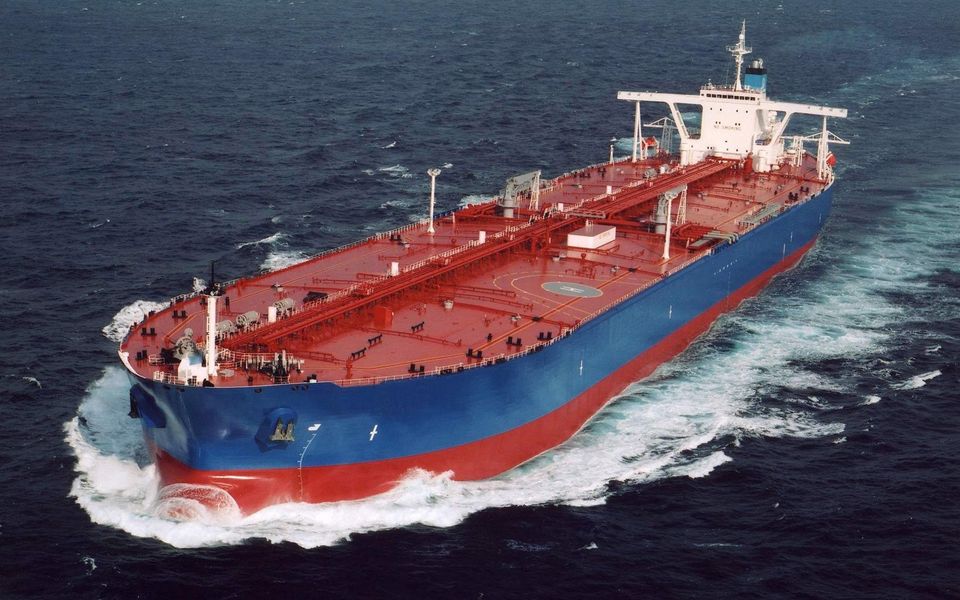
According to a recent study by McKinsey & Company, Greek shipowners reinvest shipping capital in other sectors (such as real estate, energy and tourism) amounting to $1.4-1.5 billion annually.
Greece remains the world’s largest shipping force with 5,691 ships, contributing decisively to energy and food security, as well as to the security of the supply chain of the European Union and the global community. Overall, as noted in the annual report of the Association of Hellenic Shipowners Union (EEE) for the period 2024-2025, the Greek-owned fleet represents 20% of the world and 61% of the EU fleet.
It has shown remarkable growth, increasing its capacity by more than 42% since 2015, with Greek shipping being an important driver of global trade growth.
As noted by EEE President Melina Travlos: “The past year was yet another period, a springboard for multiple challenges for global shipping. In the unstable economic, environmental and geopolitical landscape, with the successive tensions in the sea routes and the ongoing threats of circumvention of the freedom of navigation, the Greek shipping industry has honored its responsibility as a leader.”
Domestically, the Greek shipping industry remains a main pillar of the economy, being the most export-minded sector, with a total economic impact that ranges between 7% and 8% of the country’s GDP every year. Inflows into the Greek economy have exceeded 150 billion euros in the last decade, EEE emphasizes. According to a recent study by McKinsey & Company, Greek shipowners reinvest shipping capital in other sectors (such as real estate, energy and tourism) which amount to $1.4-1.5 billion annually. Shipping also plays an important role in employment, as approximately 10% of the total payroll in the country’s private sector is related to the industry, which provides almost 160,000 jobs (directly and indirectly).
Shipping, albeit one of the sectors with the greatest challenges in decarbonization, has demonstrated impressive results in reducing its environmental footprint. It has managed to improve its energy efficiency and remain the most environmentally friendly mode of transport, thanks to huge investments in new ships and retrofits incorporating green innovations.
Greek shipowners constantly increase their orders for newbuilds – with capacity reaching 56.2 million dwt from 14.4 million dwt in 2021, EEE noted.
